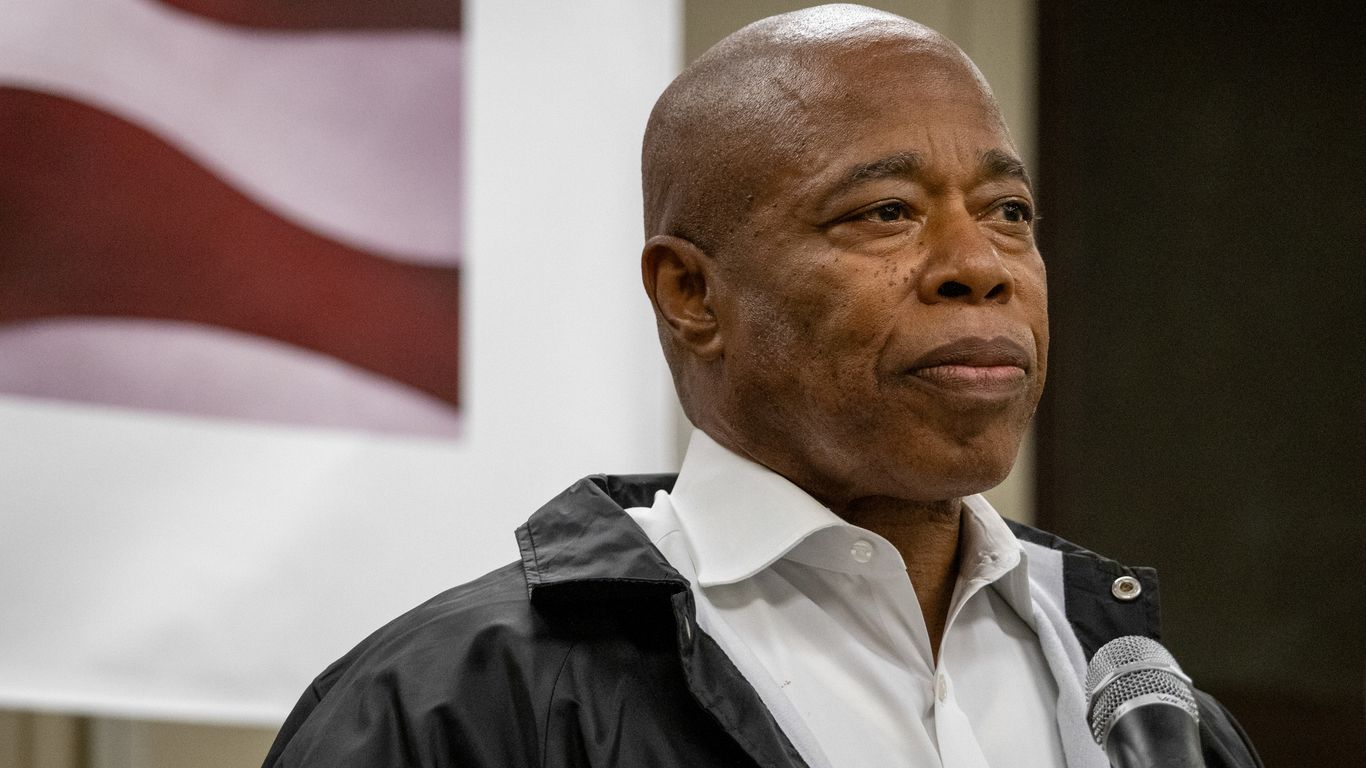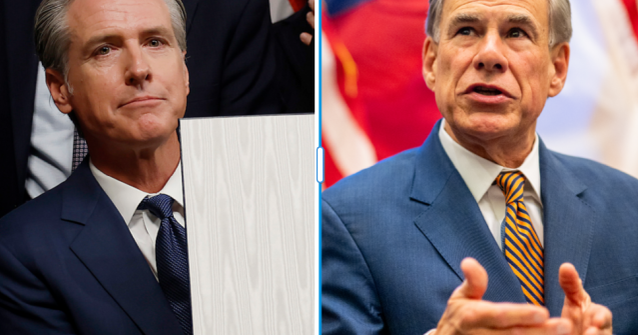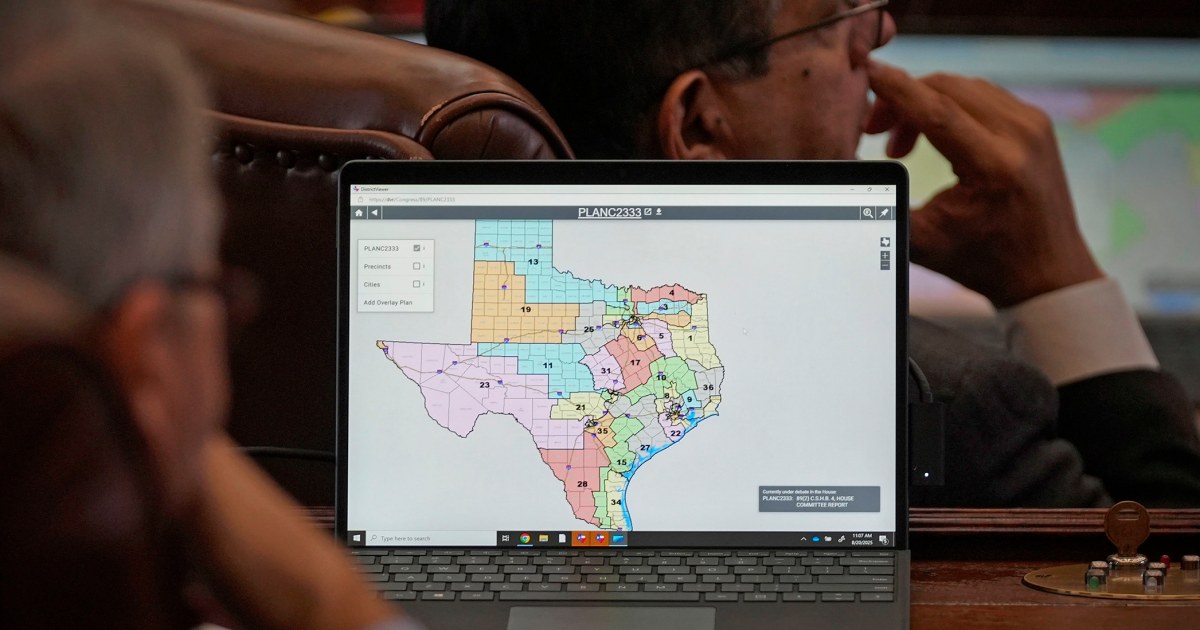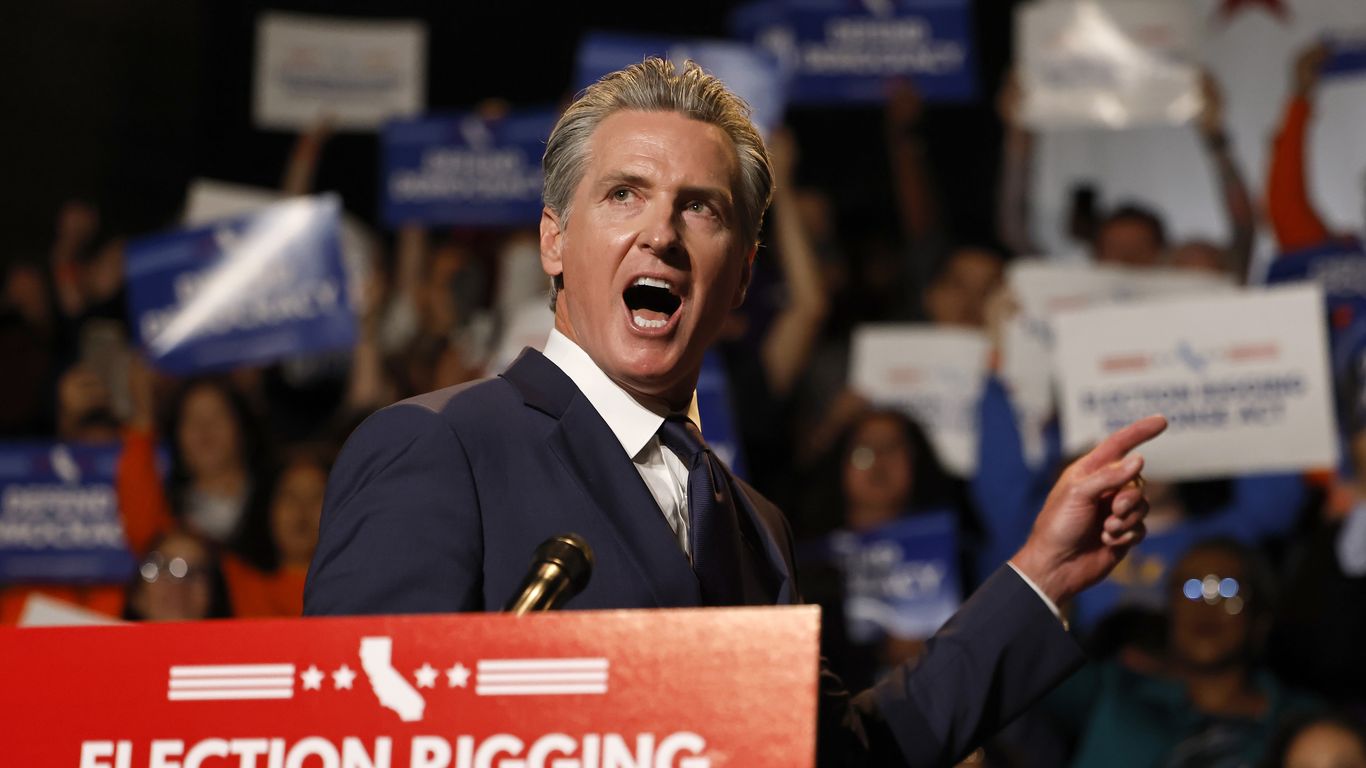NY Governor Endorses NYC Mayoral Candidate Zohran Mamdani

Introduction
New York Governor Kathy Hochul has announced her endorsement of Zohran Mamdani, the Democratic nominee for New York City mayor. Despite their past disagreements, Hochul praises Mamdani as a leader who is dedicated to making the city affordable for all residents.
Challenges in Making NYC Affordable
Making New York City affordable is no easy feat. With the high cost of living and limited affordable housing options, it is a major challenge for any leader. However, Mamdani has shown determination and a strong focus on addressing these issues. He has proposed initiatives such as rent control and expanding public transportation to make living in the city more affordable for all residents.
Hochul's Endorsement as a Sign of Unity
Despite their past disagreements, Hochul's endorsement of Mamdani is an important step towards unity within the Democratic party. It shows that even in times of division, leaders can come together for the greater good. It also highlights the importance of working together to solve the challenges facing New York City.
About the People Mentioned
Kathy Hochul
Kathy Hochul, born August 27, 1958, in Woodlawn, New York, is an American politician, attorney, and the 57th governor of New York since August 2021, marking her as the state's first female governor.[1][3][6] She earned a B.A. from Syracuse University and a J.D. from Catholic University in Washington, D.C.[3] Hochul's public service began on the Hamburg Town Board (1994–2007), where she supported small businesses.[2][4] She then served as Erie County deputy clerk (2003–2007) and clerk (2007–2011), during which she co-founded the Kathleen Mary House, a transitional home for domestic violence victims.[2] In 2011, she won a special election to represent New York's 26th congressional district as a Democrat, defeating Republican Jane Corwin despite a Republican-leaning district; she served one term (2011–2013) on the Armed Services and Homeland Security committees, advocating for the Affordable Care Act, tax reforms, women's rights, LGBTQ+ protections, and alternative energy.[1][2][3] She lost reelection in 2012 after redistricting.[2] Selected as running mate by Gov. Andrew Cuomo, Hochul served as lieutenant governor (2015–2021), chairing the Regional Economic Development Councils, co-chairing the Heroin and Opioid Task Force, leading the "Enough is Enough" campaign against campus sexual assault, and advancing paid family leave, child care access, and gender equity initiatives.[1][2][4][5] She visited all 62 counties annually to engage local communities.[7] Hochul ascended to governor after Cuomo's August 2021 resignation amid sexual harassment allegations, promising transparency and collaboration.[1] Elected to a full term in November 2022, she advanced stalled COVID-19 measures like vaccine mandates, renewable energy projects, abortion rights protections, gun safety laws, school aid, minimum-wage increases, and public transit funding.[1][4] Challenges included failed housing reforms and a rejected chief judge nominee in 2023, amid criticisms of developer ties.[1] As of recent accounts, she continues leading New York's economic recovery, infrastructure, and social policies.[4][7]
Zohran Mamdani
Zohran Kwame Mamdani is a New York State Assemblymember representing District 36, which includes Astoria and other Queens neighborhoods. He is notably the first South Asian man, the first Ugandan, and only the third Muslim to serve in the New York State Assembly. Mamdani is a democratic socialist focused on advocating for affordable housing, environmental justice, and equitable public services, aiming to improve the quality of life for working-class New Yorkers who face high rent burdens, pollution, and profiling[1][3]. Born in Uganda and raised in New York City, Mamdani graduated from Bowdoin College in 2014 with a degree in Africana studies. During college, he was politically active, cofounding a chapter of Students for Justice in Palestine and organizing a boycott of Israeli institutions. After college, he worked as a foreclosure prevention counselor in Queens and was involved in community organizing, experiences that motivated his entry into politics[3]. In 2020, Mamdani defeated a Democratic incumbent to win his Assembly seat and has since been re-elected twice. Among his key achievements, he co-created a pilot program for fare-free bus service in New York City and led a 15-day hunger strike in 2021 to protest predatory loans impacting taxi drivers, which resulted in $450 million in debt relief for them. He has also secured over $100 million in state funds to improve subway service and launched initiatives to combat environmental and social injustices in his district[2][3]. Currently, Mamdani is running for Mayor of New York City on a platform to lower the cost of living, improve public transit, and support working families, emphasizing government’s role in making life more affordable and dignified for all New Yorkers[2].
About the Organizations Mentioned
Democratic Party
## Overview of the Democratic Party The Democratic Party is the oldest continuing political party in the United States, with its roots tracing back to 1792 as the Democratic-Republican Party. Founded by Thomas Jefferson and James Madison, it initially advocated for a decentralized government and states' rights, opposing a strong central authority[1][2]. Over time, the party evolved, becoming more progressive and supportive of federal government intervention in social and economic affairs. ## History The modern Democratic Party was formally established in 1828, with Andrew Jackson's presidential campaign marking a significant turning point. Jackson's successful campaign expanded voting rights to all white men, regardless of land ownership, and further reduced federal power[3][6]. The party became deeply divided during the Civil War era, with Northern Democrats supporting limited slavery expansion and Southern Democrats advocating for its perpetuation[3][5]. Post-Civil War, the party became a stronghold for Southern whites who opposed Reconstruction[3]. ## Key Achievements The Democratic Party has played a pivotal role in shaping U.S. history: - **Civil Rights**: The party supported key civil rights legislation, including the Voting Rights Act and the Civil Rights Act of 1964. - **Social Programs**: Democrats have been instrumental in establishing and expanding social programs like Social Security, Medicare, and Medicaid. - **Economic Policies**: The party has often championed progressive economic policies, including labor rights and environmental protection. ## Current Status Today, the Democratic Party is a major force in U.S. politics, advocating for a strong federal government role in addressing social and economic issues. It emphasizes progressive policies on healthcare, climate change, and economic inequality[6]. ## Notable Aspects - **Symbolism**: The party's symbol, the donkey, originated from Andrew Jackson's opponents calling him a "jackass," which his supporters adopted as a mascot[6]. - **Diversity**: The party has become increasingly diverse, representing a wide range of socio-economic and












